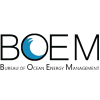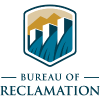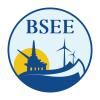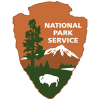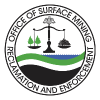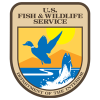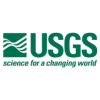Civil Engineering
Position Overview
Civil Engineers at DOI can support offshore renewable energy projects, affect decisions about waterways, storm erosion and fish protection, or ensure the safe and efficient design, construction, operation, and maintenance of major public works projects like dams, bridges, buildings, roads, power plants, and water conveyance systems. DOI’s civil engineers balance development with protection of the environment.
This position is represented at the following bureaus
Candidate Description
The ideal candidate is a person who can apply their professional civil engineering knowledge to solving complicated technical problems in a team environment. Solving these problems directly impacts our country’s citizens, natural resources and economy, so DOI Civil Engineers must be analytical yet creative problem solvers with an enthusiasm for applying engineering tools to complex and important problems.
Specialty Areas
- Construction Management
- Geotechnical
- Highway
- Hydraulics
- Hydrologic
- Structural
Transportation
Work Environment
Engineers spend time in office settings and in the field (sometimes in remote or offshore areas)
Minimum Education Requirements
Please see the Individual Occupation Requirements and the Professional and Scientific Positions Group Qualification Standard on the OPM websites.
Career Level Requirements
Responsibilities by Level
Entry:
- Collecting samples
- Assisting with surveys and tests
- Drafting reports or illustrations
- Analyzing engineering problems
Mid:
- Performing engineering analyses
- Preparing, reviewing, and approving designs, plans or cost estimates
- Writing technical reports
- Explaining recommendations
Journey:
- Serving as a technical authority providing expert advice in a specific area
- Coordinating with stakeholders
- Resolving unique or novel engineering problems
- Executing significant projects
Senior:
- Developing, planning and executing complex programs
- Managing a large technical organization
- Formulating national policies
- Delegating and overseeing tasks
Strengths by Level
-
AccountabilityHolds self and others accountable for measurable high-quality, timely, and cost-effective results. Determines objectives, sets priorities, and delegates work. Accepts responsibility for mistakes. Complies with established control systems and rules.Show Tool TipEntry 5-7Mid 9-11Journey 12-13Senior 14-15
-
Attention to DetailIs thorough when performing work and conscientious about attending to detail.Show Tool TipEntry 5-7Mid 9-11Journey 12-13Senior 14-15
-
ComplianceKnowledge of procedures for assessing, evaluating, and monitoring programs or projects for compliance with Federal laws, regulations, and guidance.Show Tool TipEntry 5-7Mid 9-11Journey 12-13Senior 14-15
-
Customer ServiceWorks with clients and customers (that is, any individuals who use or receive the services or products that your work unit produces, including the general public, individuals who work in the agency, other agencies, or organizations outside the Government) to assess their needs, provide information or assistance, resolve their problems, or satisfy their expectations; knows about available products and services; is committed to providing quality products and services.Show Tool TipEntry 5-7Mid 9-11Journey 12-13Senior 14-15
-
FlexibilityIs open to change and new information; adapts behavior or work methods in response to new information, changing conditions, or unexpected obstacles; effectively deals with ambiguity.Show Tool TipEntry 5-7Mid 9-11Journey 12-13Senior 14-15
-
Influencing/NegotiatingPersuades others to accept recommendations, cooperate, or change their behavior; works with others towards an agreement; negotiates to find mutually acceptable solutions.Show Tool TipEntry 5-7Mid 9-11Journey 12-13Senior 14-15
-
Interpersonal SkillsTreats others with courtesy, sensitivity, and respect. Considers and responds appropriately to the needs and feelings of different people in different situations.Show Tool TipEntry 5-7Mid 9-11Journey 12-13Senior 14-15
-
LearningUses efficient learning techniques to acquire and apply new knowledge and skills; uses training, feedback, or other opportunities for self-learning and development.Show Tool TipEntry 5-7Mid 9-11Journey 12-13Senior 14-15
-
Oral CommunicationExpresses information (for example, ideas or facts) to individuals or groups effectively, taking into account the audience and nature of the information (for example, technical, sensitive, controversial); makes clear and convincing oral presentations; listens to others, attends to nonverbal cues, and responds appropriately.Show Tool TipEntry 5-7Mid 9-11Journey 12-13Senior 14-15
-
Organizational AwarenessKnows the organization's mission and functions, and how its social, political, and technological systems work and operates effectively within them; this includes the programs, policies, procedures, rules, and regulations of the organization.Show Tool TipEntry 5-7Mid 9-11Journey 12-13Senior 14-15
-
Problem SolvingIdentifies problems; determines accuracy and relevance of information; uses sound judgment to generate and evaluate alternatives, and to make recommendations.Show Tool TipEntry 5-7Mid 9-11Journey 12-13Senior 14-15
-
Project ManagementKnowledge of the principles, methods, or tools for developing, scheduling, coordinating, and managing projects and resources, including monitoring and inspecting costs, work, and contractor performance.Show Tool TipEntry 5-7Mid 9-11Journey 12-13Senior 14-15
-
ResilienceDeals effectively with pressure; remains optimistic and persistent, even under adversity. Recovers quickly from setbacks.Show Tool TipEntry 5-7Mid 9-11Journey 12-13Senior 14-15
-
Teaching OthersHelps others learn through formal or informal methods; identifies training needs; provides constructive feedback; coaches others on how to perform tasks; acts as a mentor.Show Tool TipEntry 5-7Mid 9-11Journey 12-13Senior 14-15
-
TeamworkEncourages and facilitates cooperation, pride, trust, and group identity; fosters commitment and team spirit; works with others to achieve goals.Show Tool TipEntry 5-7Mid 9-11Journey 12-13Senior 14-15
-
Technical CompetenceUses knowledge that is acquired through formal training or extensive on-the-job experience to perform one's job; works with, understands, and evaluates technical information related to the job; advises others on technical issues.Show Tool TipEntry 5-7Mid 9-11Journey 12-13Senior 14-15
-
WritingRecognizes or uses correct English grammar, punctuation, and spelling; communicates information (for example, facts, ideas, or messages) in a succinct and organized manner; produces written information, which may include technical material, that is appropriate for the intended audience.Show Tool TipEntry 5-7Mid 9-11Journey 12-13Senior 14-15
Common Pathways
Candidates who made this career change most commonly held these occupations...
General Engineering
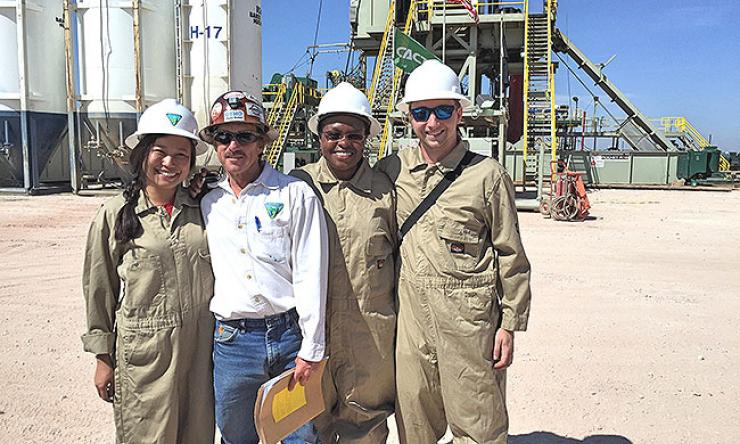
Hydrology
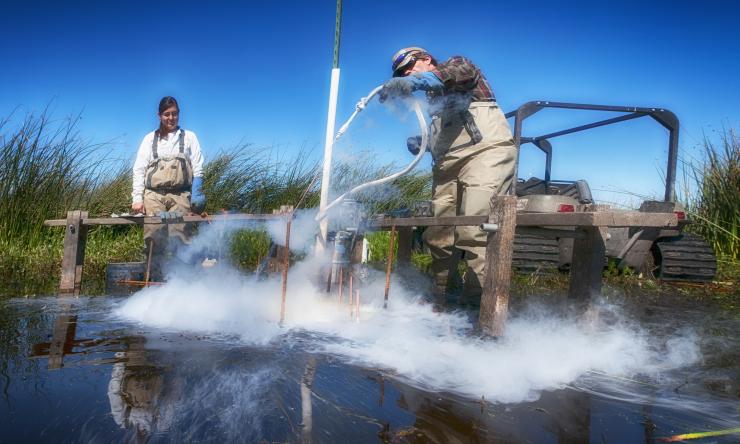
Engineering Technician
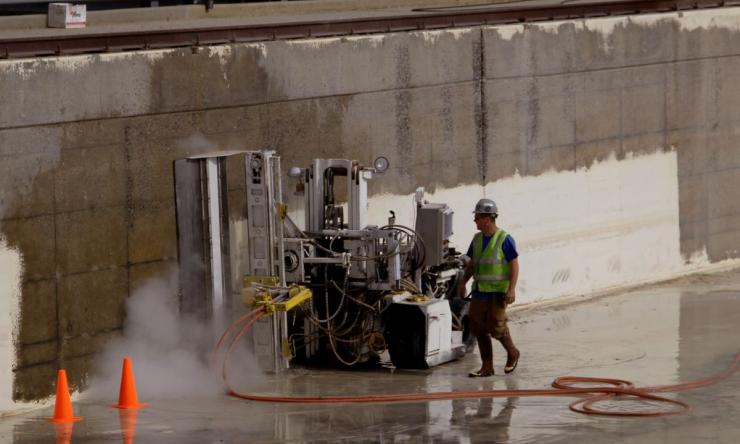
- 0028 - Environmental Protection Specialist
- 0340 - Program Management
- 0341 - Administrative Officer
- 0401 - Natural Resources Management and Biological Sciences
- 0460 - Forestry
- 0807 - Landscape Architecture
- 0899 - Engineering and Architectural Student Trainee
- 1101 - General Business and Industry
- 1316 - Hydrologic Technician
- 1350 - Geology
- 1515 - Operations Research
- 2101 - Transportation Specialist
- 5716 - Engineering Equipment Operating



